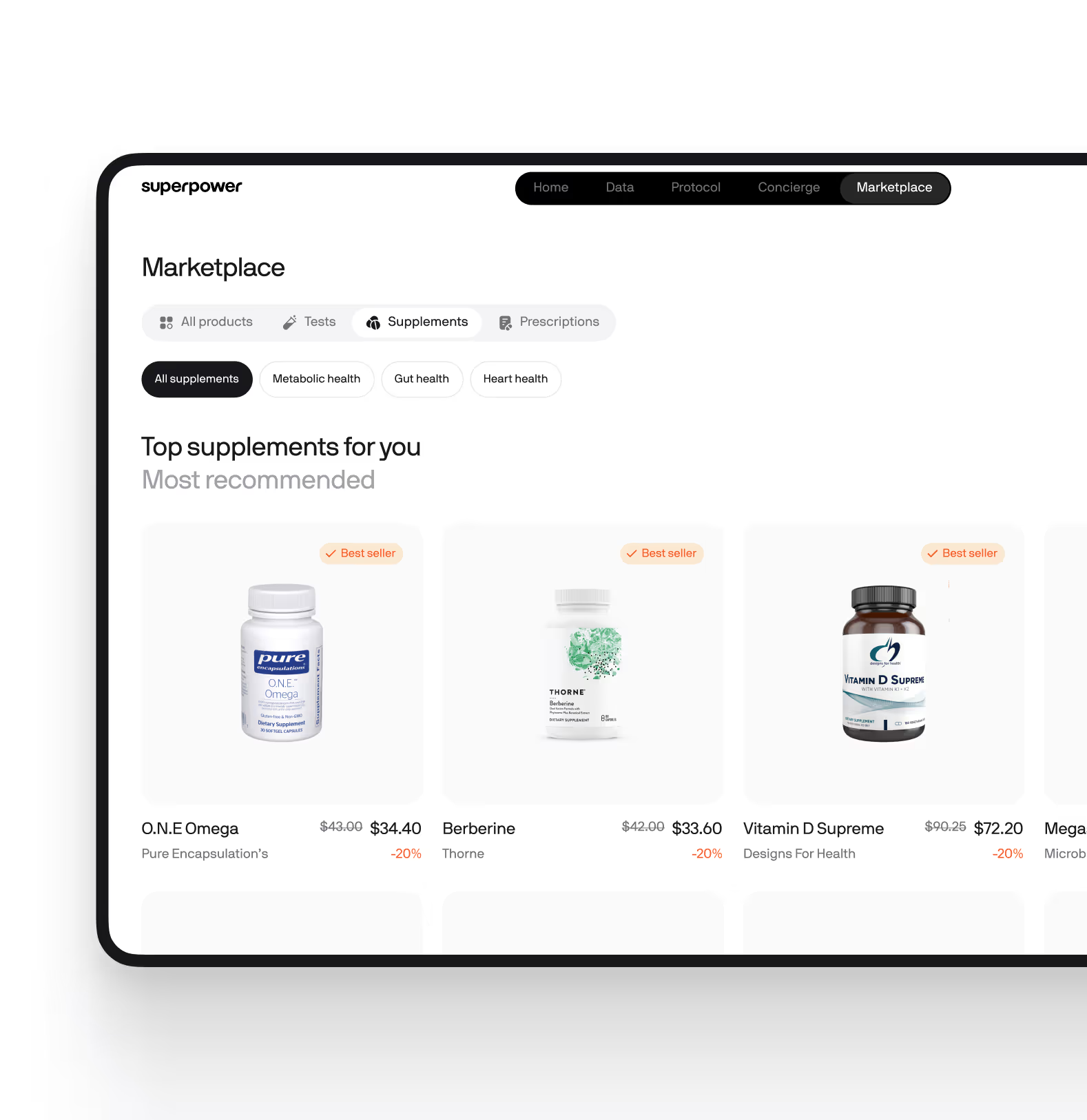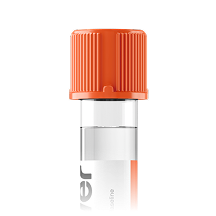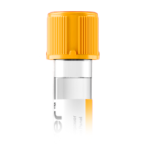Key Benefits
- Support clinical assessment of vitamin B12 deficiency alongside other diagnostic markers with blood counts and vitamin levels.
- Spot macrocytic anemia early; high MCV/MCH with low hemoglobin flags deficiency.
- Clarify fatigue, numbness, memory changes potentially caused by low B12.
- Differentiate B12 versus folate deficiency to target the correct therapy.
- Guide treatment decisions; results support oral dosing versus injections and duration.
- Protect fertility and pregnancy; B12 and folate support ovulation and neural development.
- Track recovery; rising hemoglobin and normalizing RDW may support clinical assessment of response over weeks alongside other diagnostic markers.
- Prevent irreversible nerve injury by detecting deficiency before neuropathy progresses.
What are Vitamin B12 Deficiency biomarkers?
Biomarkers for vitamin B12 deficiency tell the story of how well your cells are receiving and using this essential nutrient. Vitamin B12 supports DNA production and nerve insulation, acting as a cofactor in two key reactions (methionine synthase and methylmalonyl‑CoA mutase). Blood testing looks at different points in this pathway. Total vitamin B12 estimates what’s circulating. Holotranscobalamin (active B12) shows how much B12 is actually bound to its carrier and available for delivery to cells. Downstream metabolites—methylmalonic acid (MMA) and homocysteine—reveal whether B12‑dependent reactions are running smoothly inside tissues; when B12 is insufficient, these molecules build up. Together, these markers help may support clinical assessment of true cellular deficiency alongside other diagnostic markers, catch problems early—often before anemia or nerve symptoms appear—and hint at whether the issue is intake, absorption, or transport (transcobalamin). In short, B12 deficiency biomarkers map supply, delivery, and cellular use, giving a clear, biologically grounded picture of B12 status that a single number cannot.
Why is blood testing for Vitamin B12 Deficiency important?
Vitamin B12 deficiency testing looks at how your body makes DNA, red blood cells, and myelin for nerves. Serum B12 is the core marker, but the complete blood count (hemoglobin, MCV, MCH, MCHC, RDW) and folate give the physiologic context. Together they show whether cells are building properly, oxygen is delivered well, and the nervous system is protected.General reference ranges: hemoglobin tends to be 13.5–17.5 in men and 12–16 in women, with “feels helps assess” usually in the mid-range. MCV about 80–100, MCH 27–33, and MCHC 32–36 typically sit comfortably in the middle; RDW around 11–14.5 is healthiest toward the low end (uniform cell size). Serum B12 is commonly 200–900, with function often helps assess in the mid–upper range. Folate is often 5–20, with adequacy in the mid–upper range.When B12 is low, DNA synthesis slows, producing fewer but larger red cells: hemoglobin drifts down, MCV and MCH rise, MCHC stays normal, and RDW widens. Fatigue, shortness of breath, glossitis, and pale skin reflect anemia, while numbness, tingling, balance problems, mood and memory changes signal impaired myelin. Children and teens may show learning or growth issues; pregnancy increases demand and deficiency raises risks for fetal development even if folate is normal. Folate deficiency can look similar in blood counts, but only B12 lack causes the neuropathy. Very high B12 usually reflects supplements or, rarely, liver or blood disorders; macrocytosis can also come from alcohol, liver disease, hypothyroidism, or medications.Big picture: B12 status links hematologic health, neurocognitive function, and one‑carbon metabolism (homocysteine, methylmalonic pathways). Tracking B12 with CBC indices and folate helps catch reversible problems early, protecting energy, cognition, pregnancy outcomes, and long‑term nerve integrity.
What insights will I get?
Vitamin B12 deficiency blood testing is essential because Vitamin B12 is a cornerstone for healthy energy production, brain function, red blood cell formation, and DNA synthesis. Deficiency can disrupt multiple body systems, leading to fatigue, cognitive changes, nerve problems, and anemia. At Superpower, we assess Vitamin B12 status using a panel of biomarkers: Hemoglobin, MCV (mean corpuscular volume), MCH (mean corpuscular hemoglobin), MCHC (mean corpuscular hemoglobin concentration), RDW (red cell distribution width), Vitamin B12, and Folate.Hemoglobin measures the oxygen-carrying protein in red blood cells. MCV, MCH, and MCHC describe the size and hemoglobin content of red blood cells, while RDW reflects the variation in their size. Vitamin B12 and Folate are vitamins required for red blood cell production and DNA synthesis. In Vitamin B12 deficiency, red blood cells often become larger than normal (macrocytic), and their development is impaired, which is reflected in changes to MCV, MCH, and RDW. Low hemoglobin may indicate anemia, a common consequence of prolonged deficiency. Folate is tested alongside B12 because both are needed for similar cellular processes, and deficiencies can overlap or mask each other.Stable and healthy values in these biomarkers suggest robust red blood cell production and nervous system support. When these markers are out of range, it may signal impaired cell division, reduced oxygen delivery, or neurological vulnerability due to Vitamin B12 deficiency.Interpretation of these results can be influenced by factors such as age, pregnancy, chronic illness, certain medications, and laboratory methods. These variables can affect both the levels and the clinical significance of each biomarker.


.svg)








.avif)



.svg)





.svg)


.svg)


.svg)

.avif)
.svg)










.avif)
.avif)



.avif)







.png)